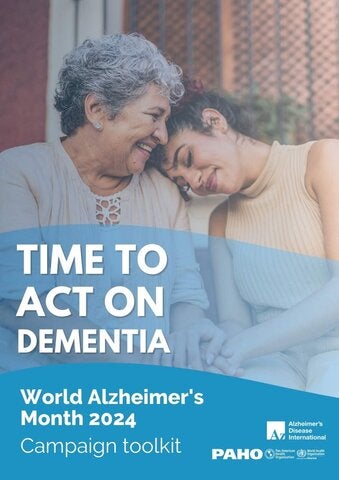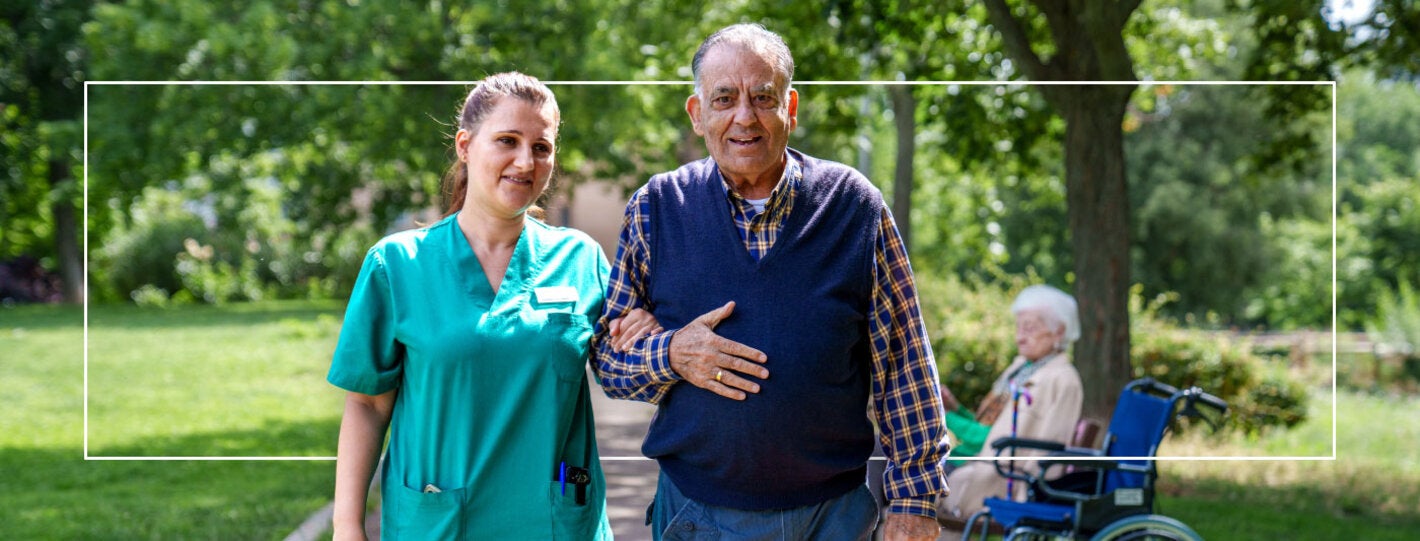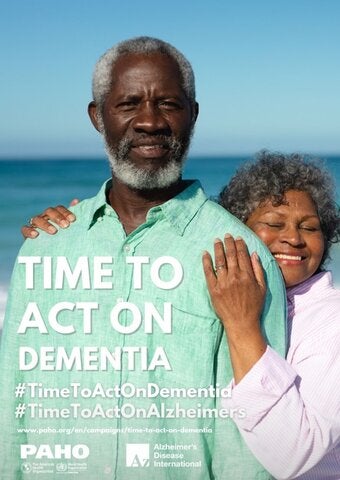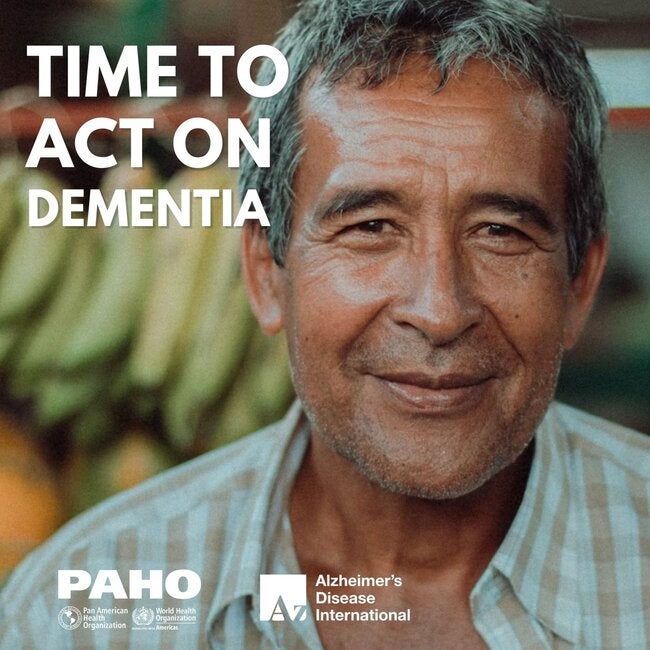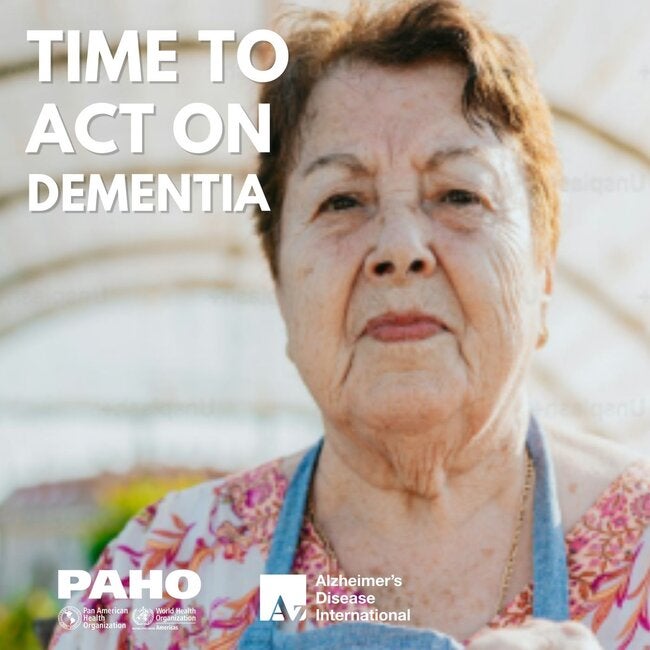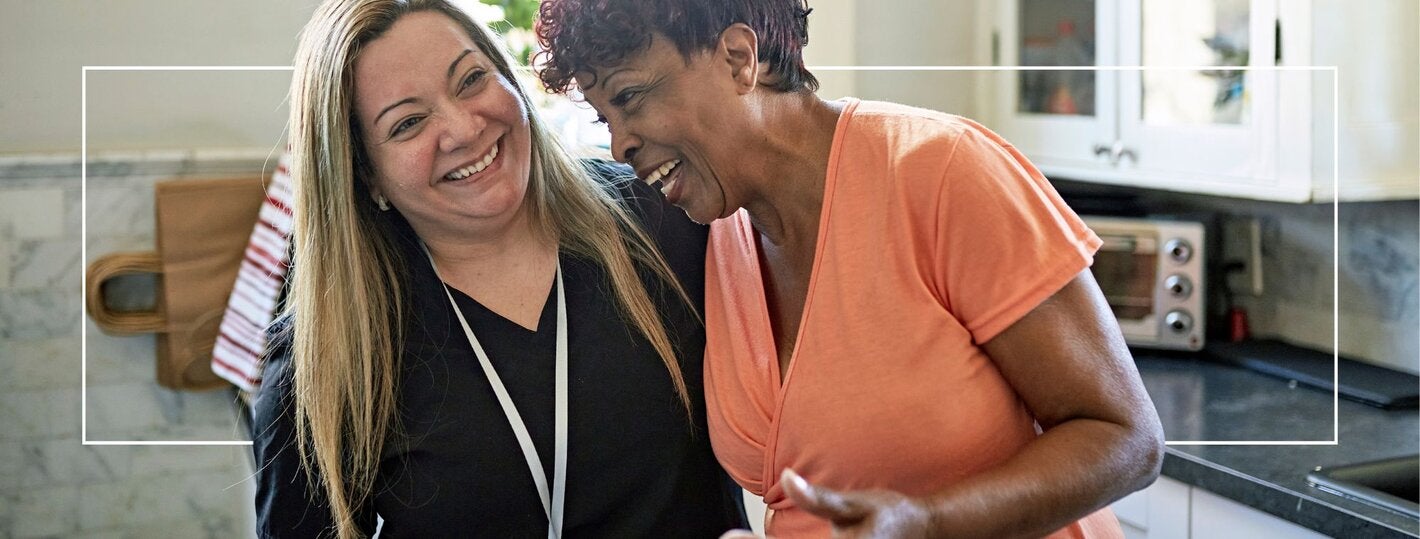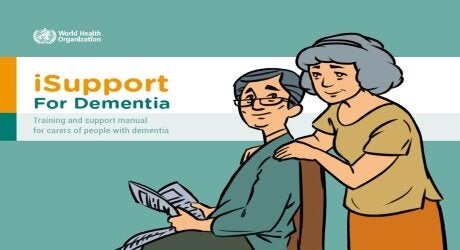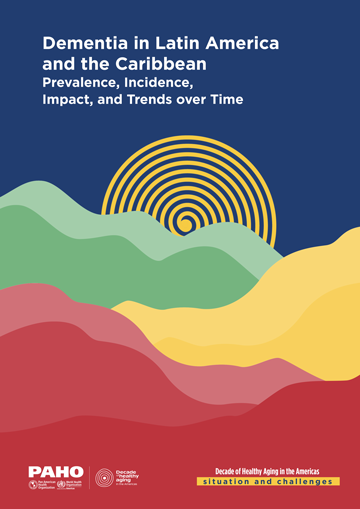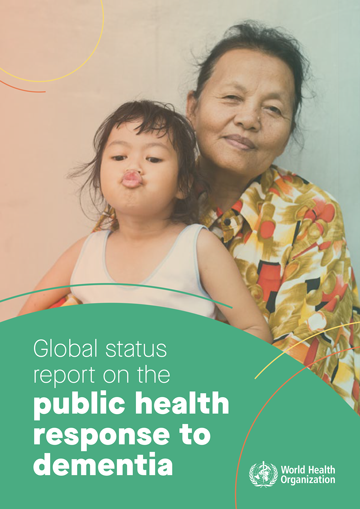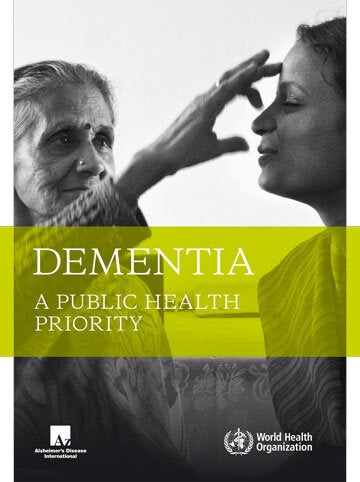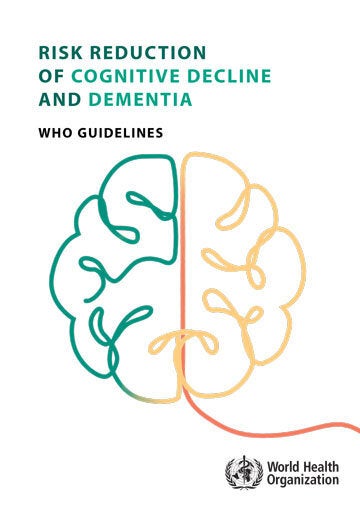With the number of people living with dementia set to almost triple by 2050, it has never been more important to challenge the stigma around dementia and promote a better understanding of the condition, working together to reduce the impact of dementia on individuals, families and communities.
It is time to act on dementia!
About the 2024 campaign.
The World Alzheimer Month campaign theme is “Attitudes to dementia”, which focuses on understanding and addressing the current perceptions and attitudes towards dementia. It aims to address the stigma and missinformation around the condition and ultimately build a more dementia friendly society.
The Pan American Health Organization (PAHO) and Alzheimer´s Disease International (ADI) teams get together again to develop a communications campaign to be implemented in the Region of the Americas.


